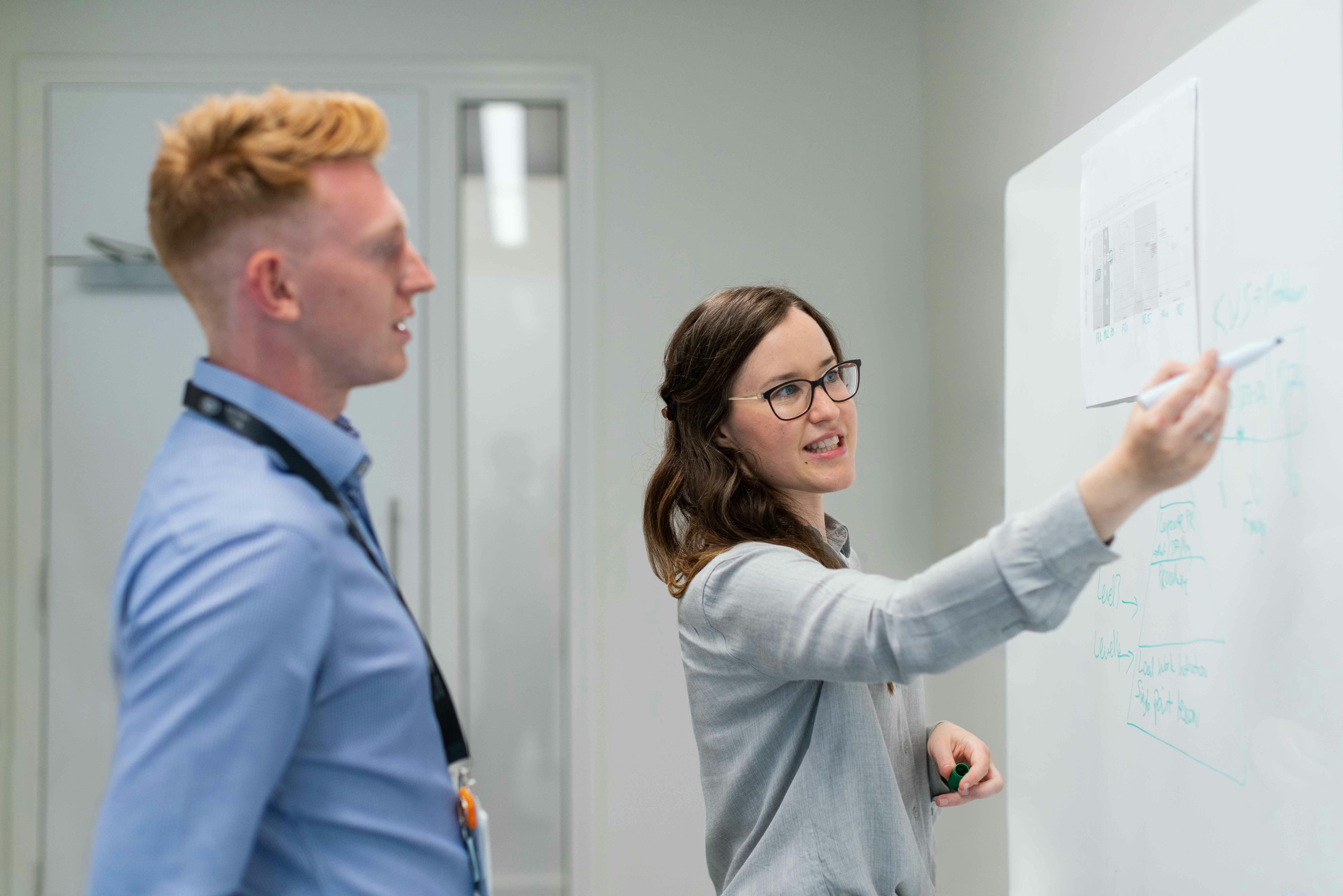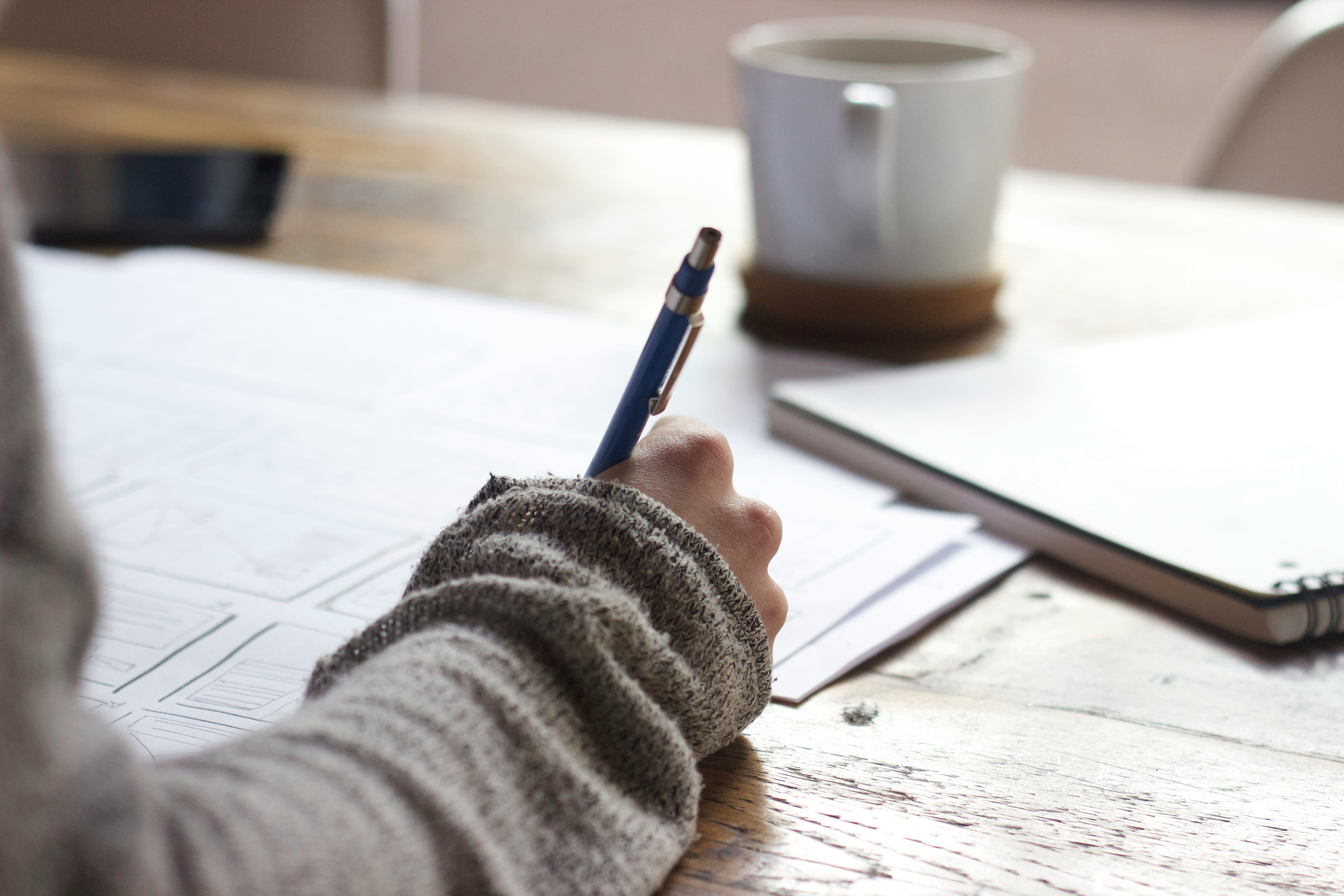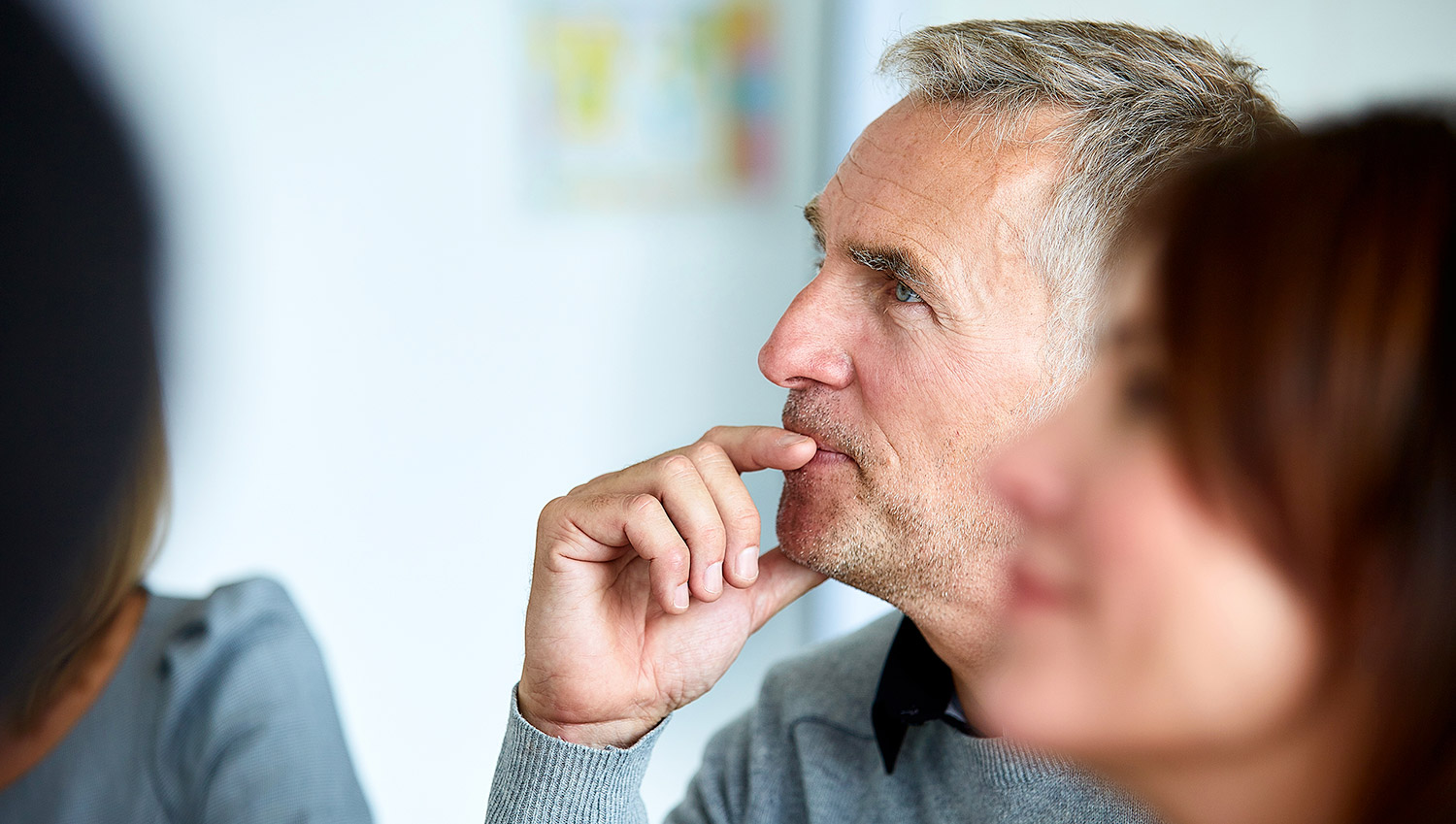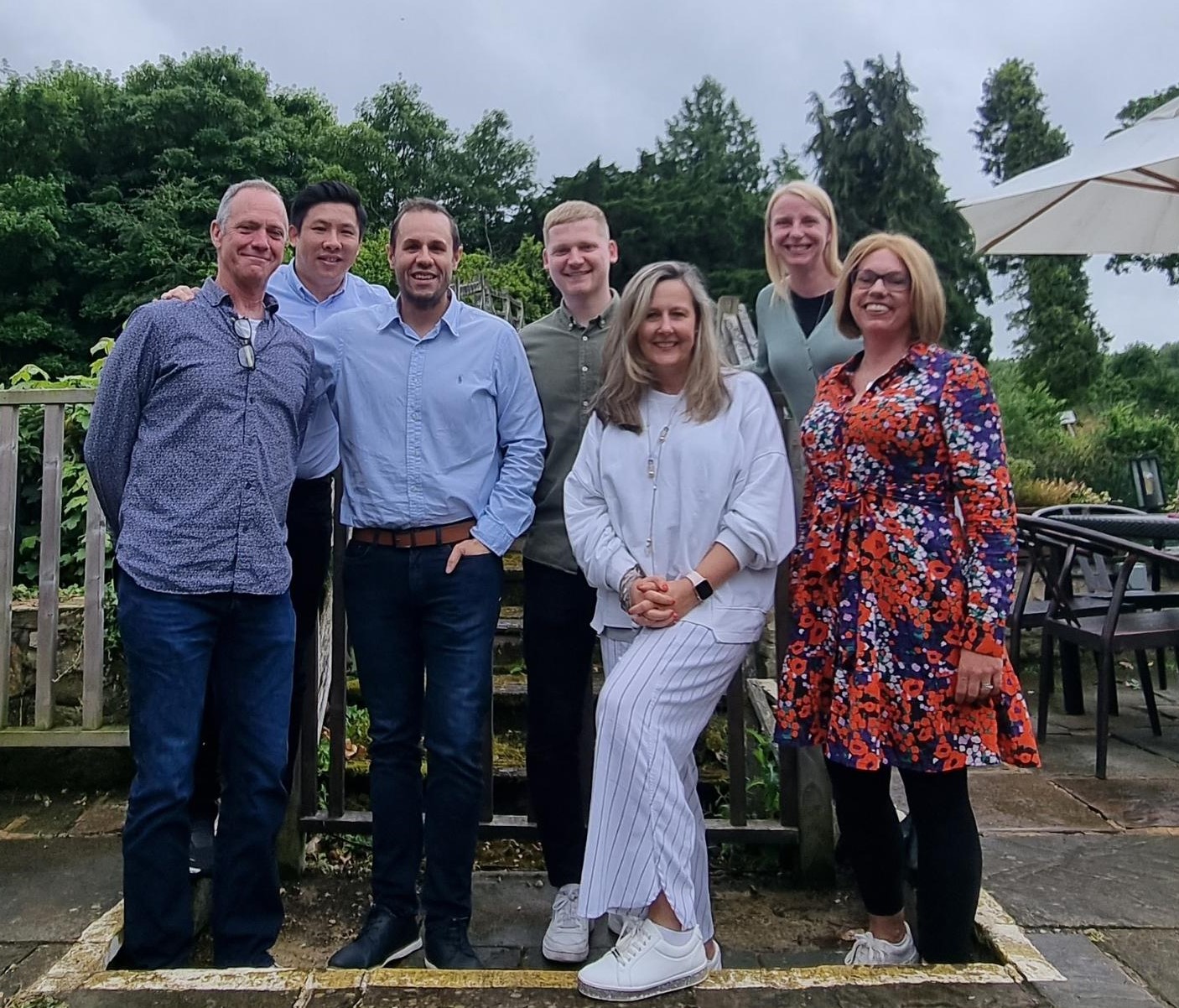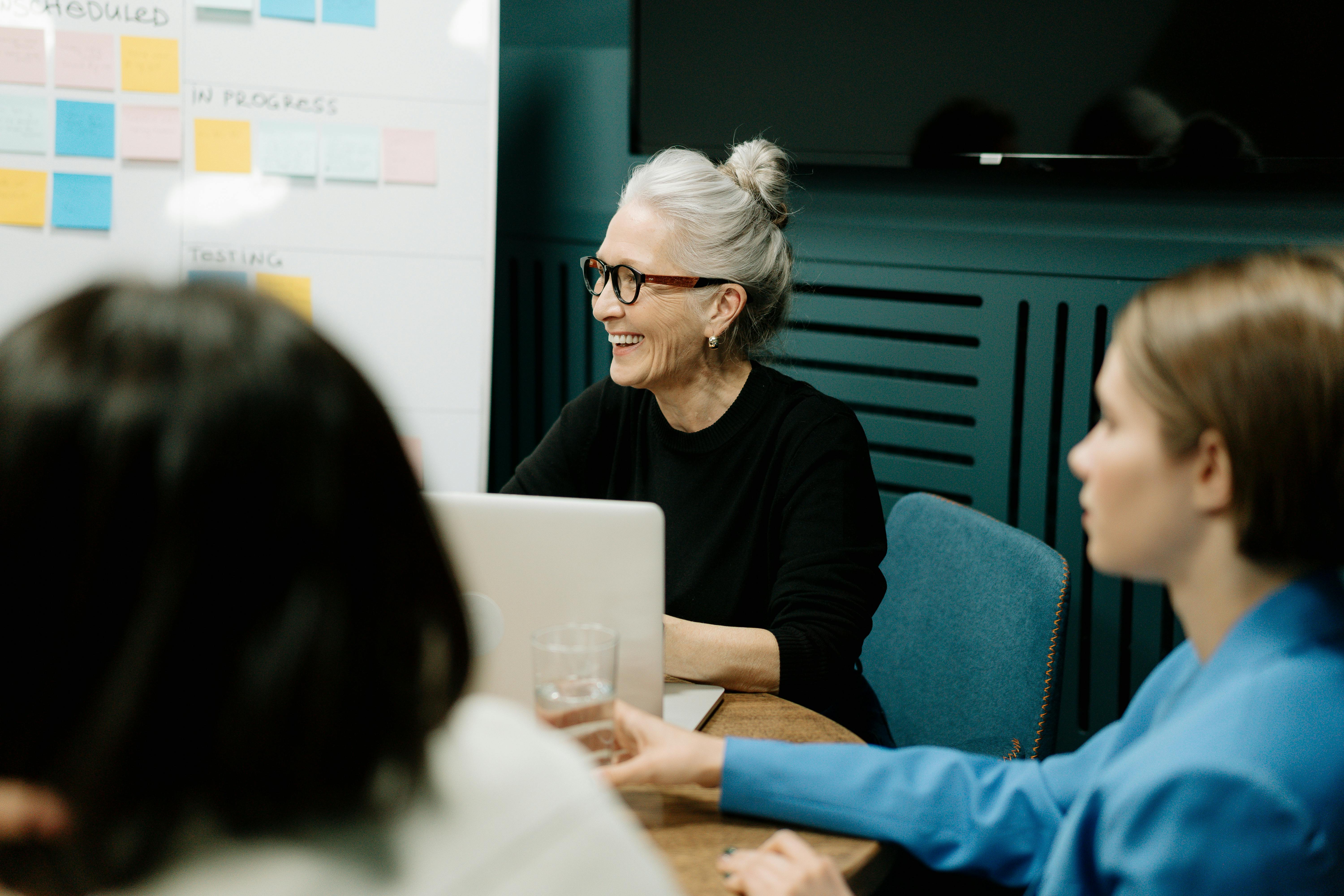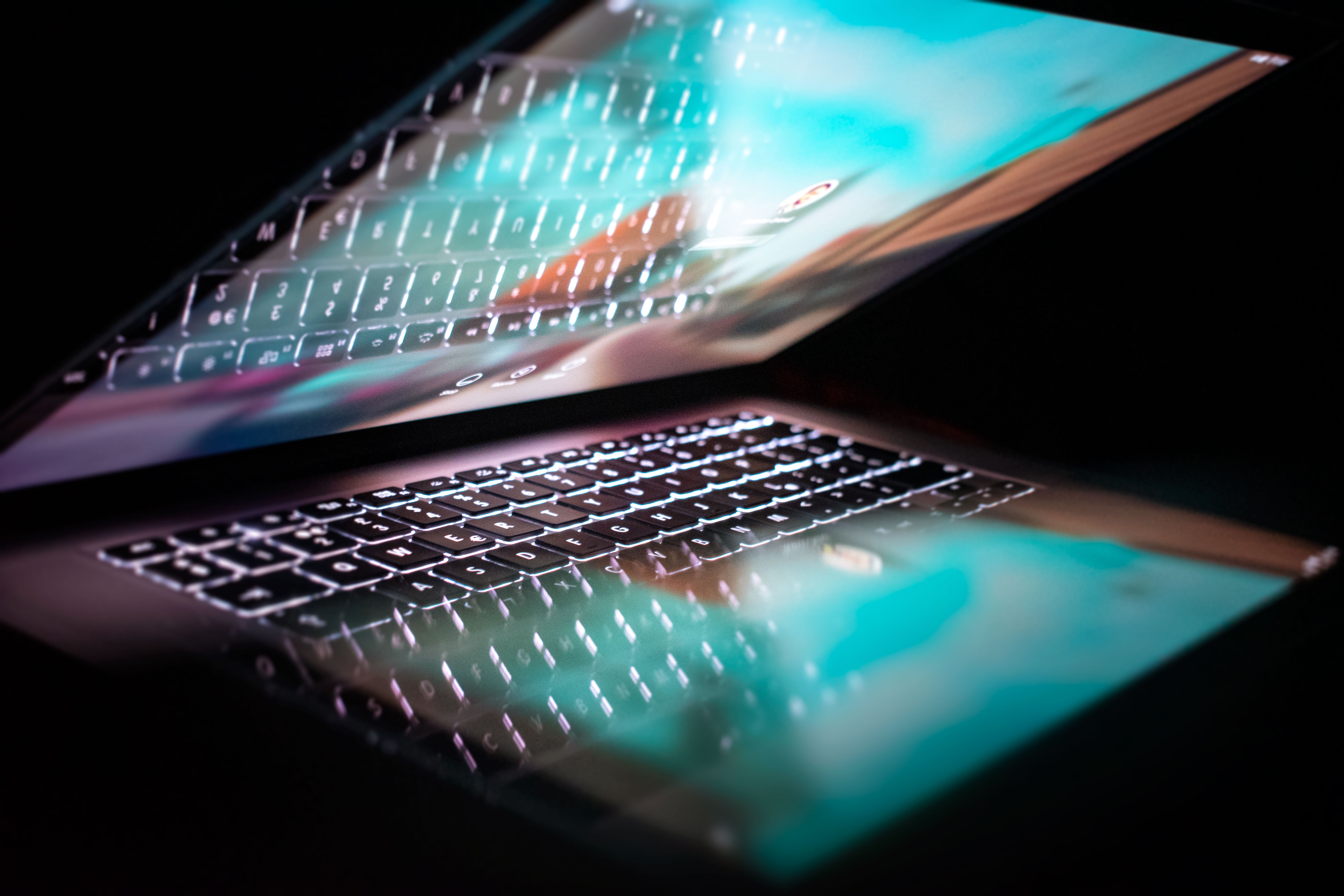Self-reflection is a concept that many of us are aware of, yet may not give the attention it deserves. Almost every day, without even realising it, we can critique our own actions. We replay that disagreement with a team member and analyse awkward conversations. These are forms of reflection, but to supplement the learning process we need to do this constructively. As Confucius stated, “Learning without reflection is a waste. Reflection without learning is dangerous”.
Why self-reflection is so valuable
Making mistakes is normal and can actually be beneficial. However, by not taking the next step and constructively reflecting on these experiences, we can assume that ‘we’ll learn from it’; this can hold us back from actually learning. If we want to truly learn from these mistakes and ensure that we don’t make the same ones in the future, it’s time to look inwards.
Inward reflection can enable you to:
- become more secure in self-acceptance;
- help you to make progress towards your personal ambition;
- help you to understand other people.
There is less chance of you being aware of an organisation’s needs or having empathy towards an employee’s situation without first having a sound understanding of your ‘self’. There is evidence to support the power of self-awareness on improving leadership performance, wellbeing and relationship building is rife in the literature. Self-reflection has been shown to help leaders solve problems more effectively, make better decisions, regulate their emotions, and increase their resilience.
Look back over various decisions you have made; how did you behave when receiving that tricky news? Could you have communicated your appreciation to that individual more effectively? Were you as clear as you could have been when delivering those results? Interrogate these experiences. Newton’s third law comes to mind – your actions and subsequent reactions shaped your leadership experience over the last year. Challenge yourself. You can’t expect to go into the gym for the first time and lift the heaviest weights. Reflection is like a muscle – it needs to be progressively be worked at steady increments before you can really use it to its full potential. But as with any workout regime, you have to start somewhere.
So where do we start with self-reflection?
Using Gibbs’ reflective cycle (1988) as the backbone of our reflection – a description of an experience – is only skimming the surface. Holistic development derives from the “Big Bang”-like reaction of cognitive, interpersonal and intrapersonal experience. Examining each facet of an experience will help you integrate this experience and test your reactions for alignment with your established values.
A proposed framework for self-reflection
- Description– Describe what happened.
- Thoughts and feelings– What were you thinking about the experience and how did this make you feel?
- Evaluation – What was good and bad about the experience?
- Analysis– What sense can you make of the situation and your reactions – was this in alignment with your core values?
- Conclusion– What else could you have done, and how have you developed from this experience?
- Action plan – If the situation arose again – what would you do the same or differently?
One of the most effective (and simplest) ways to incorporate all of these reflective components is to write a letter to yourself. Begin the writing process outlining a reminder of your core values, where you want to be, what you want to accomplish. Then work your way through each key experience from the year, how did this help or hinder those goals. Another simple method is dedicating at least two minutes in your day for self-reflection, as advised by executive wellness coach Naz Beheshti. This can be in the form of journaling while working through the set of questions mentioned above. Many argue that reflective writing promotes our self-awareness and self-understanding and reduces inhibition, while providing a structure for disciplined thinking.
Self-reflection also does not have to be a lengthy process. Giada Di Stefano and her colleagues found that spending 15 minutes reflecting upon ‘lessons learned’ at the end of the day improved employees’ performance in comparison to those that did not self-reflect. And just a few minutes of daily reflection helped leaders stay motivated and decreased their stress levels. So, perhaps it’s time to give self-reflection a try! Coming to terms with our strengths, areas for improvement, natural talents and actions will enable our ‘self’ to thrive in the new experiences that lie ahead of us.
Self-reflection for leadership development
Self-reflection is an essential stage in leadership development, as it allows individuals to gain a deeper understanding of their strengths, weaknesses, and areas for improvement. Through thoughtful introspection, leaders can identify patterns in their behaviour, recognise the impact of their actions on others, and develop strategies for personal growth and effective leadership. By fostering a habit of self-reflection, leaders can continuously evolve, adapt to new challenges, and inspire their teams more effectively. If you are interested in exploring how self-reflection can enhance your leadership journey, talk to us to find out how we can help you.



